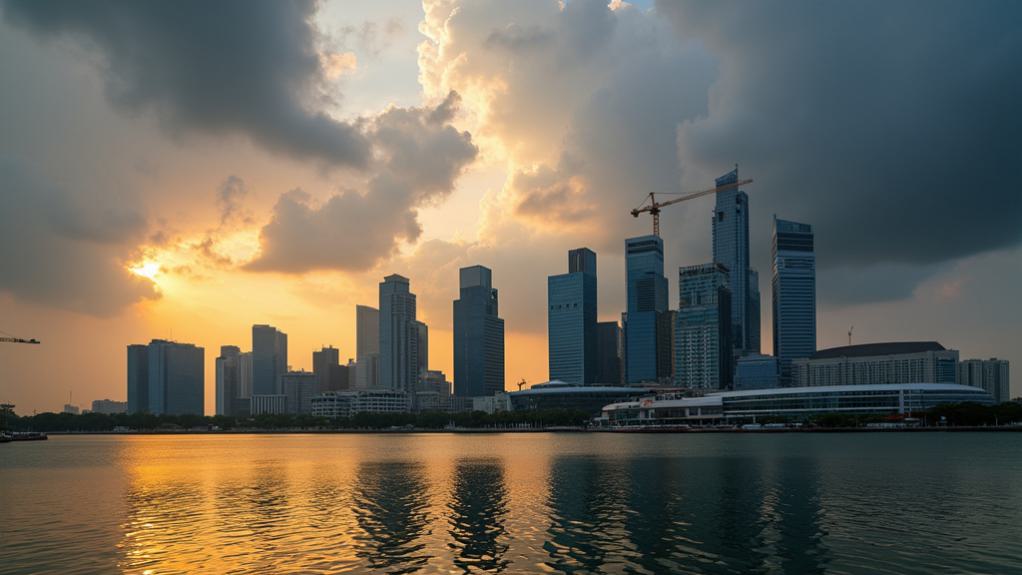While global markets continue to navigate economic uncertainties, Singapore’s property sector has emerged as a beacon of stability and resilience, attracting substantial interest from both domestic and international investors. The city-state’s strategic position as a regional hub, coupled with its unwavering economic fundamentals and world-class infrastructure, has fortified its real estate market against external pressures, resulting in sustainable price growth that reflects genuine demand rather than speculative activity.
Singapore’s property market is projected to experience moderate price increases of 3%–7% in 2025, a measured progression that underscores the effectiveness of government cooling measures, including the Additional Buyer’s Stamp Duty (ABSD) and Loan-to-Value limitations. The upcoming launch of over 11,000 condominium units next year will expand buyer options while maintaining equilibrium in the supply-demand dynamic, a stark contrast to the oversupply challenges plaguing neighboring markets. The expected drop in mortgage rates will further enhance affordability and stimulate market activity, especially among first-time buyers.
Singapore’s measured property growth reflects successful regulatory interventions while upcoming supply ensures market balance unlike regional competitors.
Trade tensions between global powers have historically redirected capital flows toward Singapore’s luxury real estate segment, particularly from Chinese and American investors seeking safe-haven assets. Despite elevated ABSD rates designed to curb speculative purchasing, Singapore continues to rank among the top three property investment destinations in the Asia-Pacific region, with select foreign buyers, including US nationals, benefiting from specific ABSD exemptions that sustain international participation. The landed properties segment is particularly notable, with strong transaction values exceeding $9 billion in 2024 and expected continued outperformance in 2025.
The government’s thorough approach to urban transformation, including strategic MRT expansions and integrated development initiatives, has enhanced property values across key districts while ensuring long-term market sustainability. The growing trend toward green and smart homes is evident in flagship developments like Tengah’s eco-town that combine sustainability with cutting-edge technology. These policy frameworks, combined with investments in housing infrastructure and digitalization, address evolving stakeholder requirements while maintaining Singapore’s competitive edge in the global investment landscape.
Singapore’s property market resilience is further bolstered by strong electronics exports and targeted government interventions that safeguard real estate demand during economic downturns. This balanced regulatory environment creates a stable investment climate where price growth remains sustainable and speculative excesses are effectively managed, positioning Singapore as a premier investment destination amid global economic volatility.





